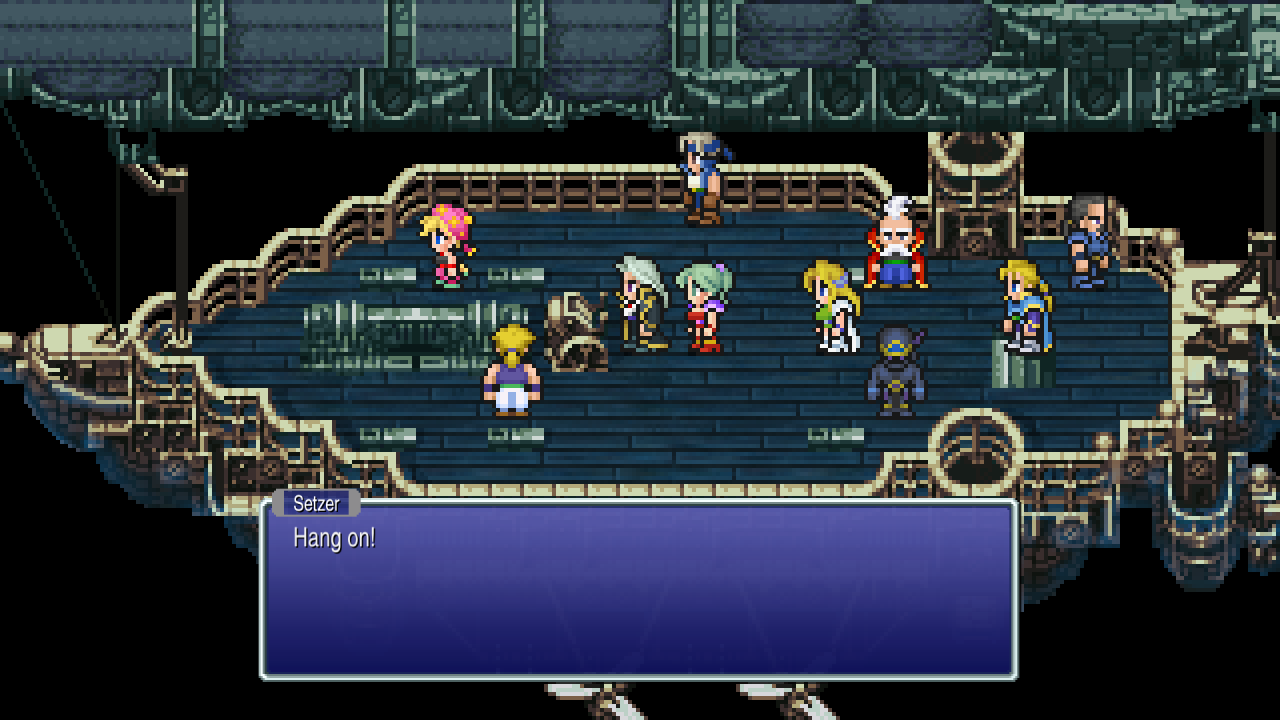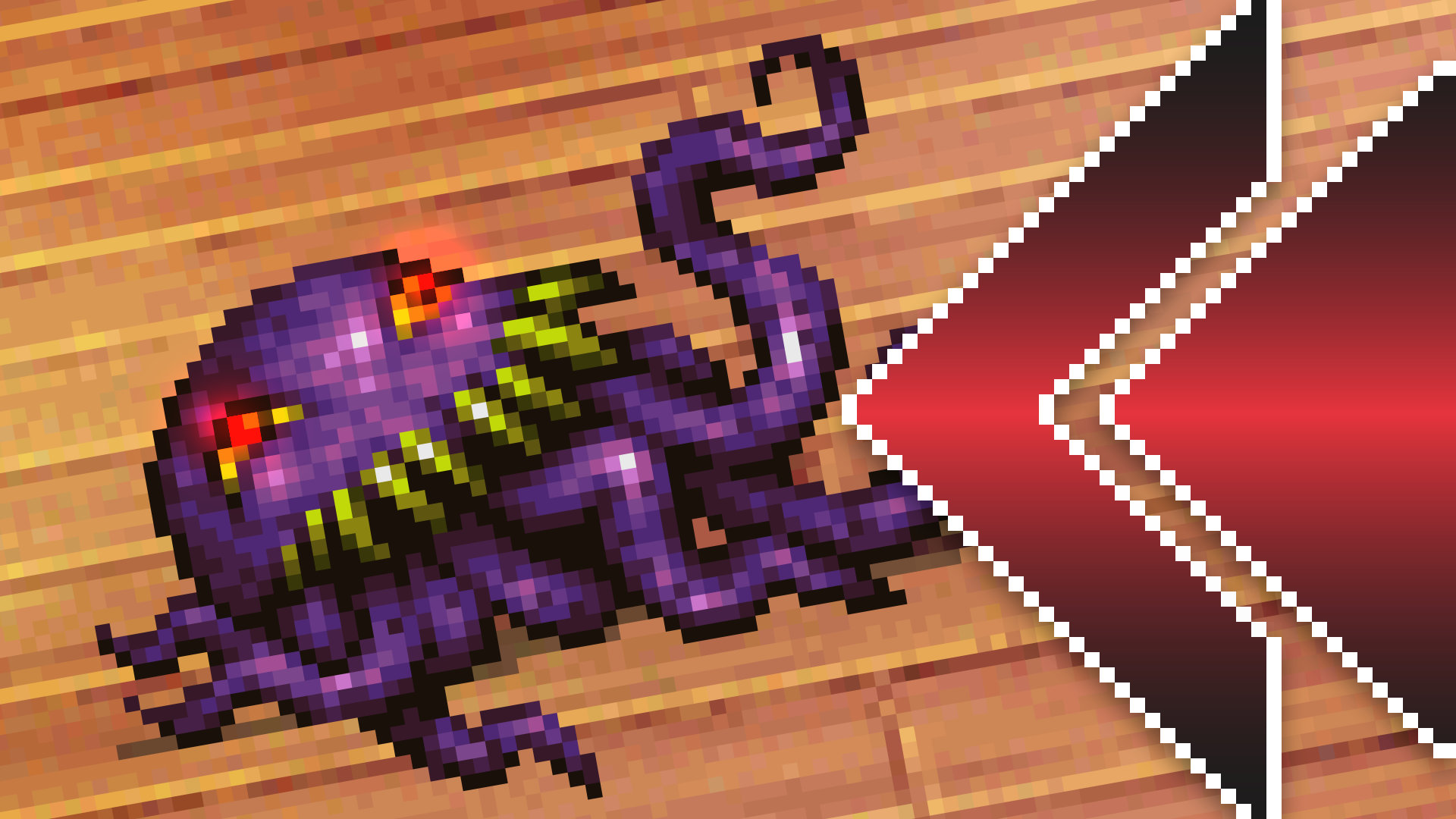Aleks Franiczek
Final Fantasy VI has long been my default answer when asked what my “Favorite Game of All Time” is. I hadn’t played through it in over a decade leading up to this podcast, and I was honestly concerned that the experience wouldn’t live up to this legendary status I’ve assigned it. Childhood memories and historical appreciation can be powerful, after all. But as soon as I saw those Magitek Armors trudging through snow fields with Nobuo Uematsu’s pitch-perfect score filling my headphones during the game’s opening credits, those doubts melted away.
FFVI remains a high point in its genre for its tight pacing, mechanics-driven characterization, thematically gripping musical composition, masterful grasp of the dramatic and comedic potential of pixel art, and experimental narrative structure. Sure, the battle system isn’t all that deep and some characters get sidelined in the game’s second half, but everything moves so briskly and confidently that it also never weighs the player down with tediously overdone gameplay segments or exposition. There are RPGs today that offer more fleshed-out character development and rewarding combat, but very few strike such an effortless balance between playability, presentation, and creativity.
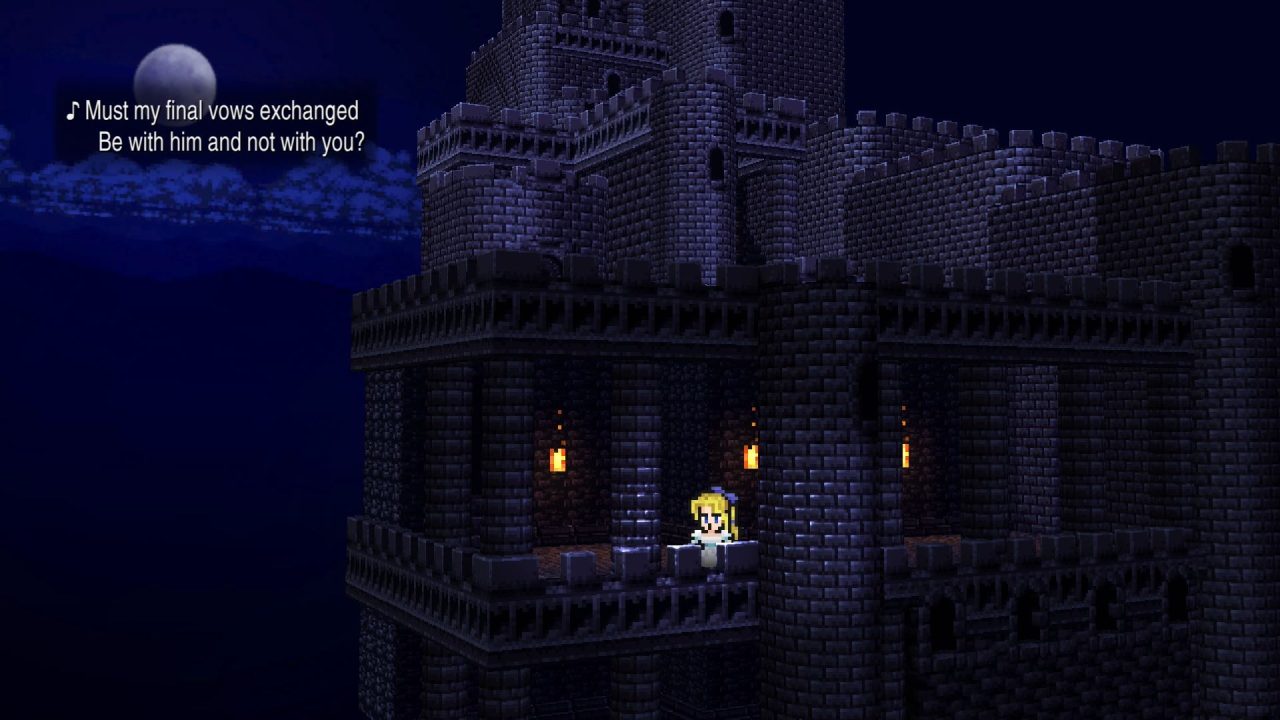
Ben Love
Playing the game for Retro Encounter was my first foray into Final Fantasy VI, and I can’t imagine a better way to experience the game for the first time. Traditional Final Fantasy games haven’t typically been my cup of tea, and while many elements of FFVI didn’t change that impression for me (the combat, difficulty, and progression mechanics), the narrative and characters were a highlight. I was struck by how the game deftly weaves a tragic and powerful narrative between bombastic setpieces and moments of levity, often featuring such wildly disparate tones even within the same sequence, yet somehow the entire experience feels cohesive.
My desire to see Terra’s journey through to the end kept me invested in the events of the game, even when the gameplay didn’t get its hooks into me. It’s a true testament to the timeless quality of the story and colorful cast of characters that, even after all this time, Final Fantasy VI can surprise a newcomer like me.
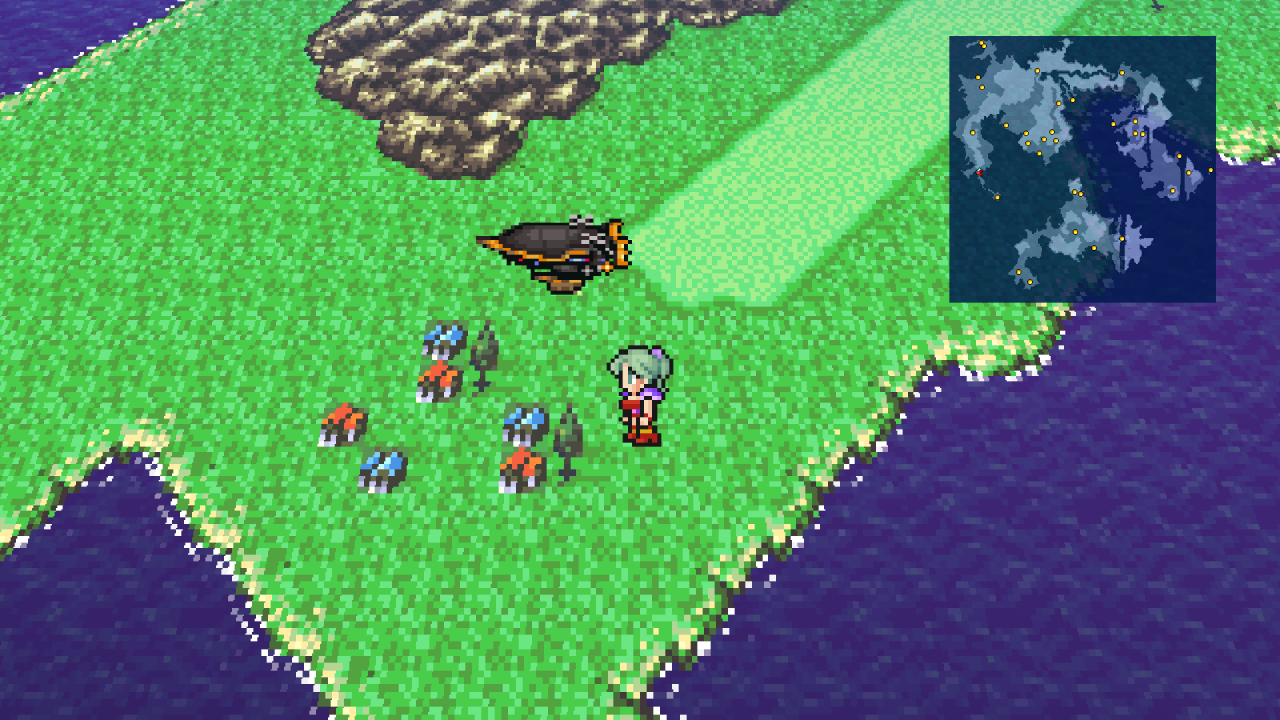
Lucas Greene
Final Fantasy VI was one of the first RPGs I played, and it’s one of my childhood favorites. It is a game I’ve often held up on a pedestal, but I feel like playing through it this time (and especially discussing it on the podcast) allowed me to examine it more critically and pull the nostalgia goggles aside.
While it was revolutionary during its time with its epic storytelling and huge cast of characters, I kept finding myself wanting more depth during this playthrough. Logically, I know it’s hard to give 12-14 characters equal time in the spotlight to grow and change, even in a modern game. That said, I still wish we saw more from these characters: reacting to events, interacting with each other, or even just in repose.
A lack of depth was a running theme as I considered aspects of gameplay as well. For the most part, this game is easy enough that it doesn’t require much strategy. A little leveling and knowing how to exploit its systems makes combat even more trivial. I love how customizable the characters are while still remaining unique with their specialized skills and equipment. I just wish there was more to do with its systems.
I know this response has been fairly negative, but I want to emphasize it comes from how much time I’ve spent with this game and how much potential it has. If anything, taking some time to step back and be critical makes me feel more confident about what it does well! At the end of the day, I still love FFVI, warts and all.
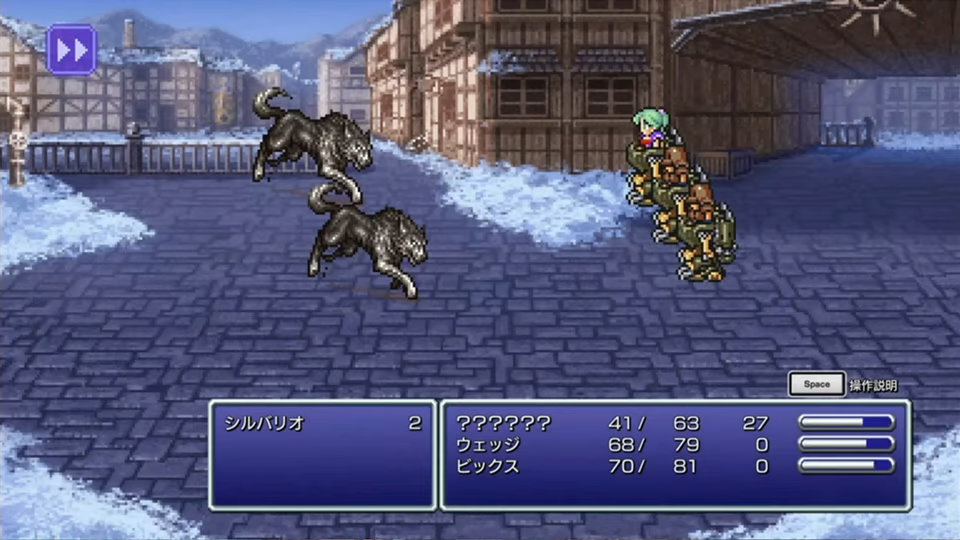
Lucy Gray
Final Fantasy VI is one of those unsung heroes of the Final Fantasy franchise that often seems overshadowed by newer entries in the series. It can be incredibly immersive and comforting for those of us who have played it (Final Fantasy VI was the first Final Fantasy I ever played), warts and all. So many aspects of game storytelling have their roots in what Final Fantasy VI introduced, particularly the non-linear, open-world concepts in the latter half of the game.
Sure, this playthrough uncovered a few cracks in the perfect picture I’d had in my head; it also made some of those cracks more fun to play with, and made me laugh at more than a few errors I’d made in the past. Even my third time around, there were new things I discovered, new ways to break the game, and still room in my heart to fall in love all over again… as well as, apparently, new people to make fun of me for forgetting Shadow on my first playthrough.
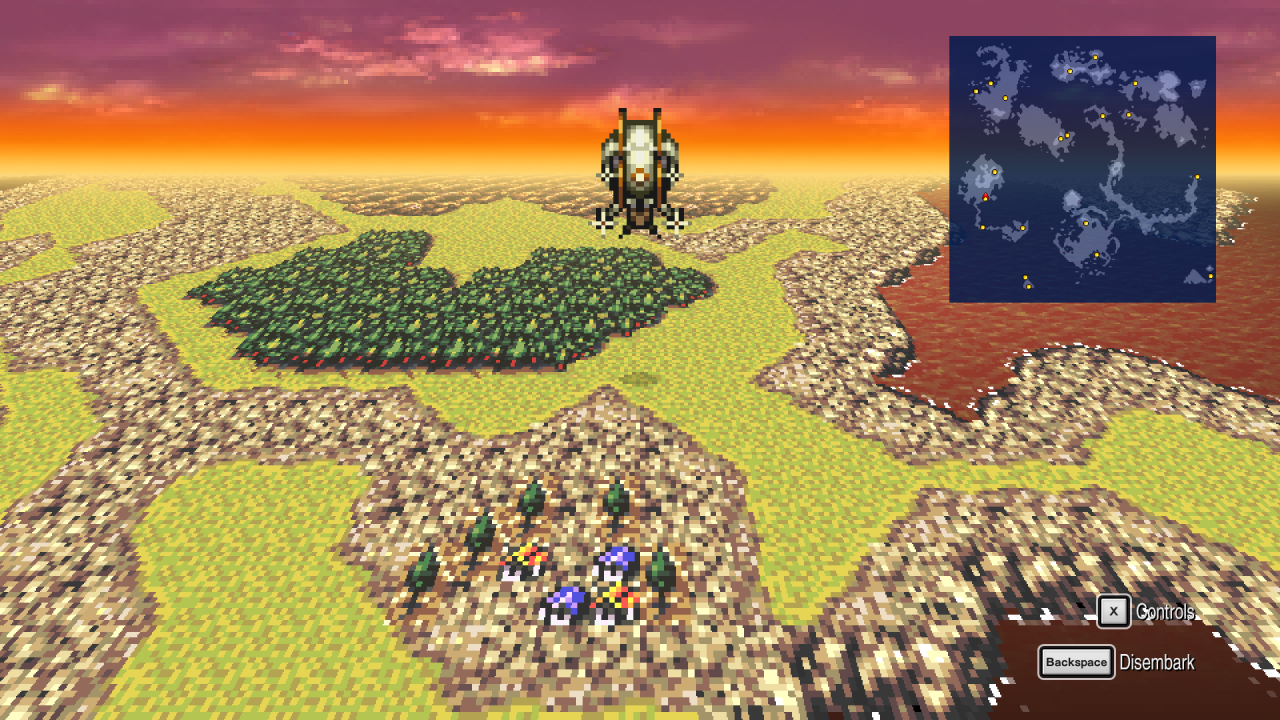
Zach Wilkerson
I feel like people often look at Final Fantasy games through rose-colored glasses, especially the ones released in the ’90s. Honestly, I’m often guilty of that myself.
While this playthrough did expose some flaws I’ve happily glossed over in the past, Final Fantasy VI still ranks as one of my two or three favorites in the series (and my favorite is very new). No doubt, the battle system, as fun as I still find it, with all its small tinkering and ease of min-maxing, is a little too one-note in the latter portions of the game. This issue is compounded by just how easy the game is, never forcing you to really engage with its relatively simple systems. The cast all have their moments, but sometimes, especially late game, they can get left behind.
I don’t really care about any of that, though. This game is just so brisk, so fun, and so beautiful, both visually and aurally, and it still has a ton of weird charm. The quick pace makes the moments where this game really hits even more impressive. Final Fantasy VI might not be the pinnacle of the genre anymore, but it’s darn close, and that’s pretty amazing for a game that’s almost 30 years old.
